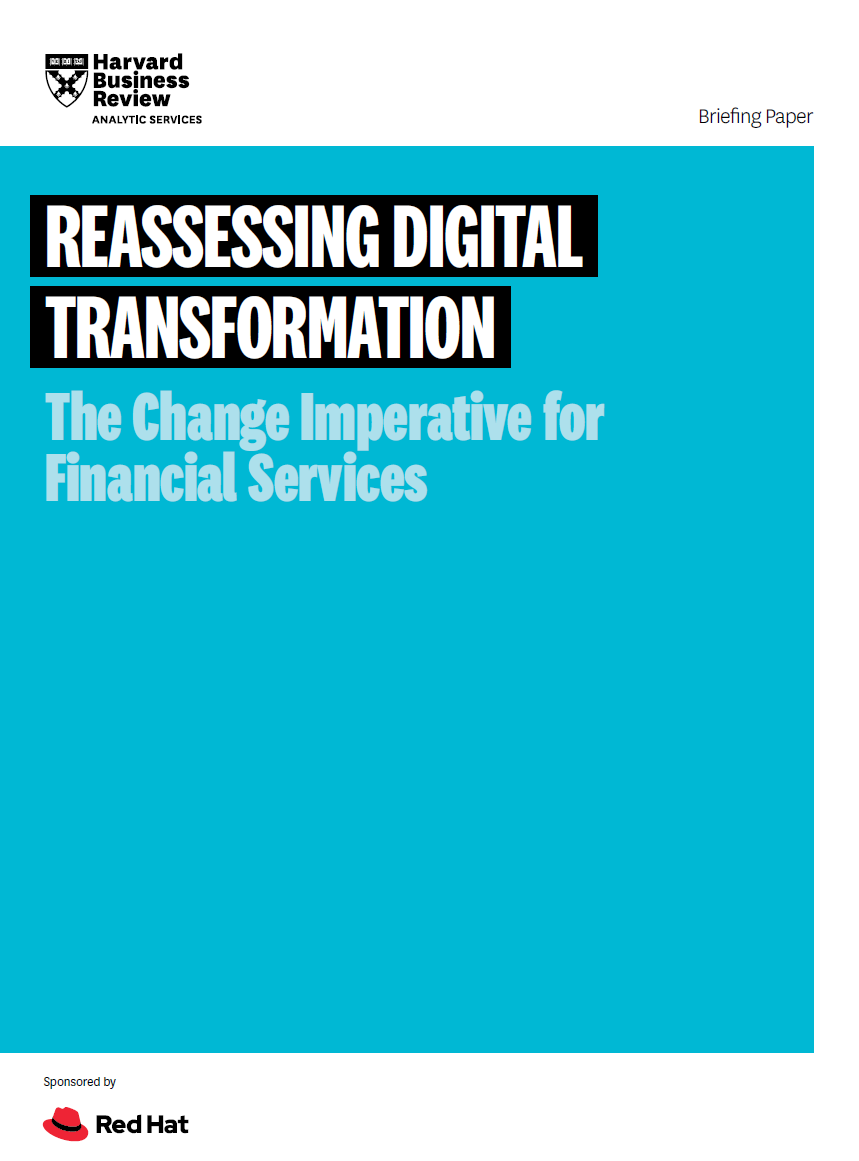FCA bans cryptocurrency-linked financial products
Volatility of markets and a lack of understanding among the public are among reasons for a full trading ban from 2021


The sale of financial products tied with cryptocurrencies or other cryptoassets will be restricted from next year, the UK’s financial watchdog has announced.
Due to the scope for market abuse, as well as extreme volatility in price movements, the Financial Conduct Authority (FCA) has deemed products linked with cryptocurrencies ill-suited for retail consumers due to the harm they may pose.
From 6 January 2021, the sale of any financial products linked with ‘cryptoassets’, i.e. cryptocurrencies such as Bitcoin, Ether or Ripple, will be prohibited. This isn’t to say that cryptocurrencies will be banned in the UK, rather it affects selling derivatives and exchange-traded notes, which track cryptocurrencies, to investors.
This ban follows a regulatory review of cryptocurrencies launched by the financial regulator more than two years ago.
“This ban reflects how seriously we view the potential harm to retail consumers in these products. Consumer protection is paramount here,” said interim executive director of strategy and competition of the FCA, Sheldon Mills.
‘Significant price volatility, combined with the inherent difficulties of valuing cryptoassets reliably, places retail consumers at a high risk of suffering losses from trading crypto-derivatives. We have evidence of this happening on a significant scale. The ban provides an appropriate level of protection.”
Among the reasons for the ban, the FCA has also cited the fact it’s difficult to reliably link cryptocurrencies with any inherent value, as can be done with fiat currencies, in addition to markets being prone to high price fluctuations. There is also a high prevalence of market abuse and financial crime, such as cyber theft, connected with cryptoassets.
Get the ITPro daily newsletter
Sign up today and you will receive a free copy of our Future Focus 2025 report - the leading guidance on AI, cybersecurity and other IT challenges as per 700+ senior executives
Consumers, meanwhile, do not have an adequate understanding of such financial assets, and the FCA has not found evidence for a legitimate investment need for consumers to invest in these products in the first place.
The FCA’s stance has drawn varying perspectives from companies both in favour of the ban, as well as against the trading restrictions.
Danny Scott, CEO of CoinCounter, a Bitcoin exchange service, stressed the FCA is not banning cryptocurrency trading, rather specific financial products such as contracts for difference (CFDs), and options for futures.
These high-risk-high-reward products might normally incur some risk and fluctuation in value, but might be rendered significantly more volatile if linked with cryptocurrencies instead of other kinds of financial asset.
“Recently the UK FCA introduced an option for Bitcoin and cryptocurrency companies to register with them as a first step towards forming a regulatory framework around such assets,” he said.
“They’re comfortable with these assets and seemingly have a pro stance, they’re just not comfortable with companies packaging them up in traditional trader focused products that the everyday person doesn’t understand, yet has easy access to via some services - hence the announcement today.
"From our current understanding, this doesn’t affect Bitcoin exchanges like ourselves, but it will affect companies such as Revolut and eToro that offer a CFD rather than the asset itself.”
The move is not universally supported among those within the financial and crypto communities, with Global Digital Finance (GDF), an industry body that promotes the adoption of best practices for cryptoassets, against the move.
“I am surprised by today’s announcement from the FCA,” said executive co-chair of GDF Lawrence Wintermeyer.
“The regulator says part of its decision was influenced by a lack of consumer understanding around these products, but I am not convinced they are really any different to other similar alternative asset products that have not been banned for sale to the UK’s many sophisticated retail investors.
RELATED RESOURCE

“Also, the industry has appropriateness and suitability tests to assess whether they are right for individual retail investors interested in using them.
"I also disagree with the regulator’s view that there is no legitimate investment purpose for cryptoasset derivatives. In the same way that you may hedge against a position in fiat currency, one may wish to hedge against exposure to cryptoassets. This ban kills off what could have been a new investment opportunity for sophisticated retail investors. It also sends a negative signal regarding the UK’s stance on cryptoassets.”

Keumars Afifi-Sabet is a writer and editor that specialises in public sector, cyber security, and cloud computing. He first joined ITPro as a staff writer in April 2018 and eventually became its Features Editor. Although a regular contributor to other tech sites in the past, these days you will find Keumars on LiveScience, where he runs its Technology section.
-
 Bigger salaries, more burnout: Is the CISO role in crisis?
Bigger salaries, more burnout: Is the CISO role in crisis?In-depth CISOs are more stressed than ever before – but why is this and what can be done?
By Kate O'Flaherty Published
-
 Cheap cyber crime kits can be bought on the dark web for less than $25
Cheap cyber crime kits can be bought on the dark web for less than $25News Research from NordVPN shows phishing kits are now widely available on the dark web and via messaging apps like Telegram, and are often selling for less than $25.
By Emma Woollacott Published
-
 UK financial services firms are scrambling to comply with DORA regulations
UK financial services firms are scrambling to comply with DORA regulationsNews Lack of prioritization and tight implementation schedules mean many aren’t compliant
By Emma Woollacott Published
-
 What the US-China chip war means for the tech industry
What the US-China chip war means for the tech industryIn-depth With China and the West at loggerheads over semiconductors, how will this conflict reshape the tech supply chain?
By James O'Malley Published
-
 Former TSB CIO fined £81,000 for botched IT migration
Former TSB CIO fined £81,000 for botched IT migrationNews It’s the first penalty imposed on an individual involved in the infamous migration project
By Ross Kelly Published
-
 Microsoft, AWS face CMA probe amid competition concerns
Microsoft, AWS face CMA probe amid competition concernsNews UK businesses could face higher fees and limited options due to hyperscaler dominance of the cloud market
By Ross Kelly Published
-
 Online Safety Bill: Why is Ofcom being thrown under the bus?
Online Safety Bill: Why is Ofcom being thrown under the bus?Opinion The UK government has handed Ofcom an impossible mission, with the thinly spread regulator being set up to fail
By Barry Collins Published
-
 Can regulation shape cryptocurrencies into useful business assets?
Can regulation shape cryptocurrencies into useful business assets?In-depth Although the likes of Bitcoin may never stabilise, legitimising the crypto market could, in turn, pave the way for more widespread blockchain adoption
By Elliot Mulley-Goodbarne Published
-
 UK gov urged to ease "tremendous" and 'unfair' costs placed on mobile network operators
UK gov urged to ease "tremendous" and 'unfair' costs placed on mobile network operatorsNews Annual licence fees, Huawei removal costs, and social media network usage were all highlighted as detrimental to telco success
By Rory Bathgate Published
-
 Labour plans overhaul of government's 'anti-innovation' approach to tech regulation
Labour plans overhaul of government's 'anti-innovation' approach to tech regulationNews Labour's shadow innovation minister blasts successive governments' "wholly inadequate" and "wrong-headed" approach to regulation
By Keumars Afifi-Sabet Published